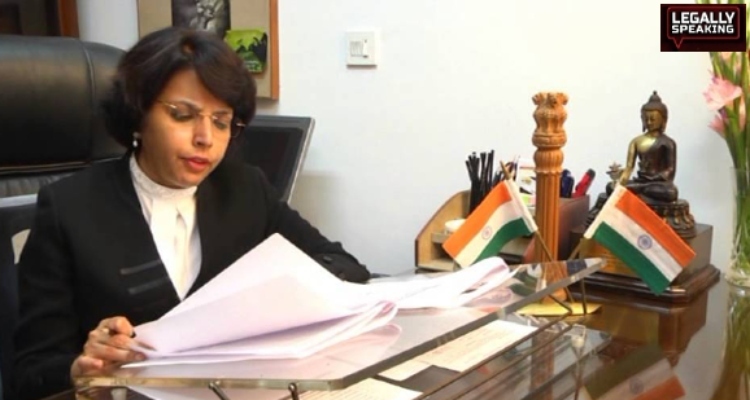
Justice Hima Kohli, who chairs the Supreme Court’s committee for family court matters, proposed legislative amendments on Saturday to broaden the jurisdiction of family courts and improve their efficiency in handling cases smoothly.
In her keynote address at a regional conference for the northern zone on family court matters, Justice Kohli highlighted that while the Family Courts Act of 1984 is comprehensive, it has limitations that hinder the effectiveness of family courts.
One significant limitation, she pointed out, is the Act’s omission regarding the granting of injunctions against domestic violence.
“The gap was partially addressed by the Protection of Women From Domestic Violence Act, 2005 but jurisdictional challenges persist,” Justice Kohli remarked.
She emphasized the need for a comprehensive interpretation of the Family Courts Act in conjunction with other statutes such as the CPC and the Evidence Act.
Justice Kohli also noted that family courts lack authority in dealing with contempt cases, which is another limitation.
While the intention behind the Family Courts Act was to have women judges preside over these courts, Justice Kohli observed that this is yet to happen in many courts.
Additionally, she highlighted the lack of uniform procedural rules across family courts in all states and the absence of coordination with women’s organizations and NGOs as other limiting factors.
“However, legislative amendments will help address the jurisdictional challenges affecting the functioning of family courts,” she affirmed.
The Supreme Court judge further emphasized that family courts handle sensitive issues involving families.
“Their mandate is not only to adjudicate but also to prioritize the emotional, financial, and psychological well-being of all involved, particularly the most vulnerable member of the family, which is the child,” she underscored.
The northern zonal conference, hosted by the Uttarakhand High Court under the auspices of the Supreme Court’s committee for family court matters, is underway. Justices and lawyers from various states and Union territories, including Delhi, Haryana, Punjab, Himachal Pradesh, Jammu and Kashmir, Ladakh, Uttar Pradesh, and Uttarakhand, are participating in the event, which will conclude on Sunday.




